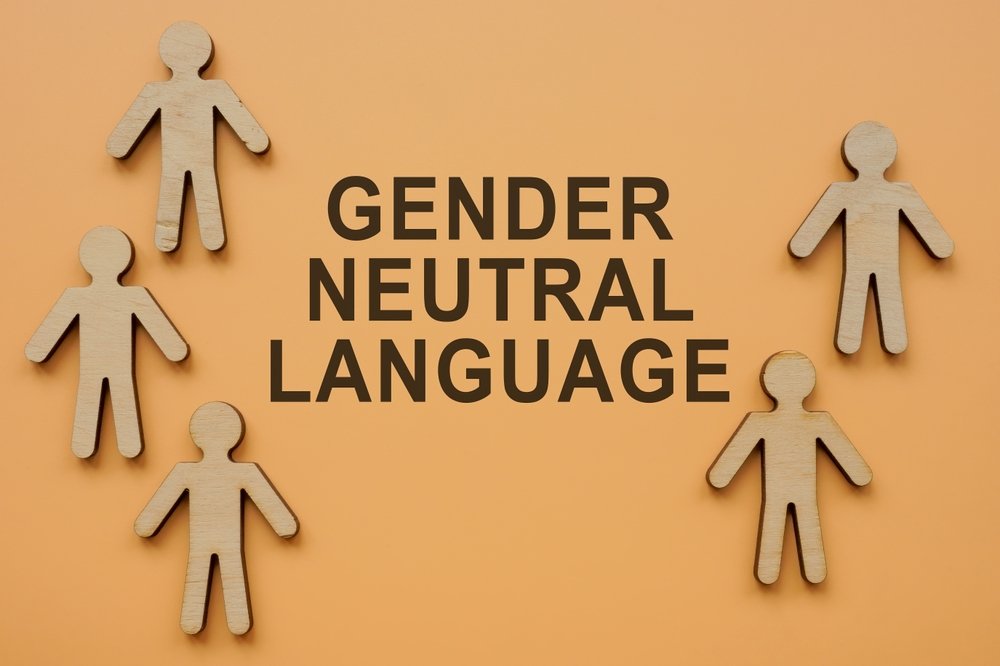3 Ways to Craft Gender Neutral Contracts
American society has come a long way in recent years toward recognizing and affirming that one’s assigned sex at birth doesn’t always correlate with the person’s gender identity. Commercial and other contracts, however, are one area of life that hasn’t yet fully caught up. Believe it or not, gender can permeate all types of contracts—everything from IP agreements and NDAs to stock purchase agreements and employment contracts.
While using pronouns—such as “he” or “she” or even “he or she”—may be perfectly appropriate for a custom contract where you know the gender identity of the party to whom the pronoun(s) applies, doing so is less suitable where you’re unsure of the party’s gender identity and/or you’re drafting a form contract to be used with numerous parties (for example, an NDA you plan to give to all future employees). Given how important it is for contracts to be accurate and precise, here are three ways to ensure gender neutrality without sacrificing clarity:
1. Repeat the noun in place of a pronoun. Perhaps the most straightforward way to avoid the use of gendered pronouns is to replace the pronoun with a party name or descriptive noun you’ve defined elsewhere in the document. For example, in a contractor agreement—assuming you’ve already defined the word “Contractor”—you could revise a phrase like “Contractor warrants that he or she is not currently working for a competitor” to read “Contractor warrants that Contractor is not currently working for a competitor.” The same works if you’re repeating a party’s last name in place of a pronoun. For instance, “Smith agrees that she will be an independent contractor and not an employee” could become “Smith agrees that Smith will be an independent contractor and not an employee.”
2. Revise the phrase to eliminate the pronoun completely. Another option that works well in some contractual provisions is to eliminate the pronoun completely. For example, “Smith agrees that she will not disparage the Company for three years” could become “Smith agrees not to disparage the Company for three years.”
3. Pluralize the noun and pronoun. In some instances where contracts reference multiple people, the use of pronouns can be avoided by revising the noun and pronoun to make both plural. For example, the provision “Any sibling of Smith must recover his or her property within 30 days” could become “All of Smith’s siblings must recover their property within 30 days.”
Our firm regularly helps clients draft and revise a wide range of commercial contracts. Feel free to contact us if we can be of help.

